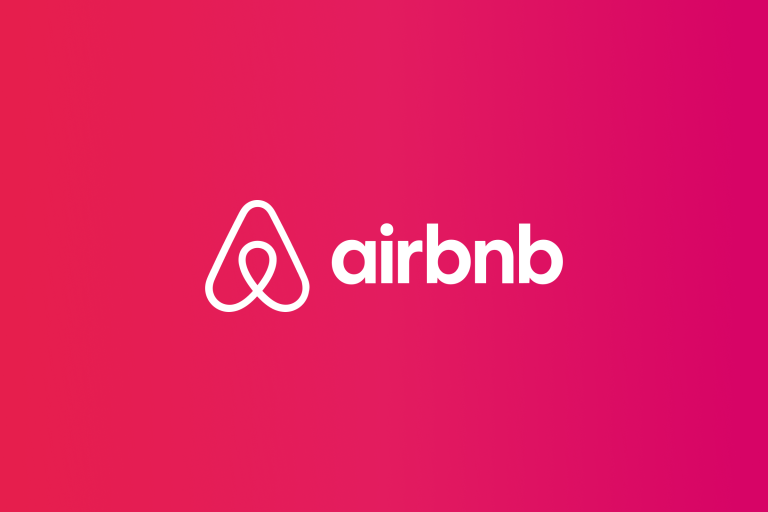According to TechCrunch, Airbnb, which connects travelers with places to stay, announced that it was laying off around a quarter of its workforce. The company cited revenue declines and a need to curtail costs in a memo that TechCrunch viewed.
 In the note, written by Airbnb CEO and co-founder Brian Chesky, the company said that 1,900 employees will be laid off, or 25.3% of its 7,500 workers. The layoffs will impact a number of internal product groups, including Transportation and Airbnb Studios, efforts that will be placed on hold, and its Hotels and Lux work, which will be “scale[d] back.”
In the note, written by Airbnb CEO and co-founder Brian Chesky, the company said that 1,900 employees will be laid off, or 25.3% of its 7,500 workers. The layoffs will impact a number of internal product groups, including Transportation and Airbnb Studios, efforts that will be placed on hold, and its Hotels and Lux work, which will be “scale[d] back.”
The company declined to break down per-country totals for the layoffs in a phone call with TechCrunch, but its memo did note that its staffing cuts are “mapped to a more focused business.” The former startup appears to be narrowing its efforts, targeting core operations and shedding more experimental and costly endeavours.
According to Chesky’s missive, Airbnb anticipates its 2020 revenue coming in under 50% of 2019’s total; Airbnb saw around $4.8 billion in revenue last year, according to reports.
Airbnb is buying trust during the COVID-19 travel slowdown
Airbnb had previously admitted that layoffs were a possibility in light of the COVID-19 pandemic impacting tourism and travel. The company has rapidly added capital in recent weeks including two $1 billion tranches of debt, providing extra liquidity as the world came to a standstill, freezing travelers in-place and decimating global travel spend. Airbnb couldn’t dodge a trend that hits its world directly.
In an effort to keep both the demand and supply sides of its marketplace healthy enough to survive hibernation, Airbnb has allowed users to cancel some reservations without penalty, and provided financial succor to its hosts. Presumably part of its new capital went to fund those efforts, along with providing the firm with enough cash to reach 2021 in reasonable shape.
The company had previously promised a 2020 IPO; many expected the previously wealthy and occasionally profitable firm to pursue a direct listing instead of a traditional IPO as it had a sufficiently strong financial footing heading into 2020. While those days are now behind it, the company did state plainly in its note that it expects that its business “will fully recover” in time.
The question now is when. Airbnb was a long-touted example in Silicon Valley of a highly-valued, lavishly-funded unicorn that could make money and go public on its own terms. None of those expectations had a pandemic written into them.
Separated employees will receive 14 weeks of pay, and one more week for each year served at the company (rounding partial years up). The firm is also dropping its one-year equity cliff so that employees who are laid off with under 12 months of tenure can buy their vested options; Airbnb will also provide 12 months of health insurance through COBRA in the United States, and health care coverage through 2020 in the rest of the world


